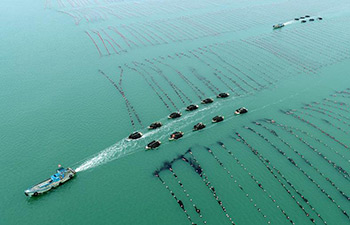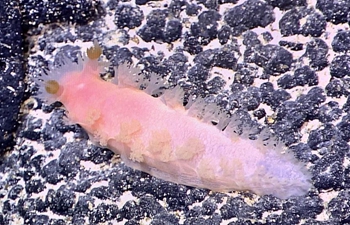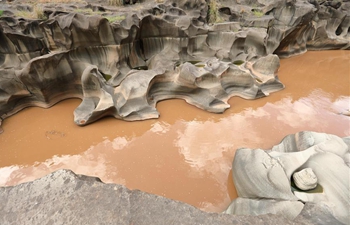SYDNEY, June 17 (Xinhua) -- Industrial waste from Australia's steel manufacturing industry and coal-fired power stations have been used in a world-first "green road" trial in Sydney.
Made from fly ash and blast furnace slag, the geopolymer material consists of "a sustainable blend of concrete and recycled waste," and could hold huge promise when it comes to reducing the globe's carbon footprint.
"Projects like this geopolymer trial can result in new products that make a real difference in slashing carbon emissions," Lord Mayor of Sydney Clover Moore said on Monday.
"Local governments are responsible for maintaining local roads, so if we can purchase more environmentally sustainable materials, we can fight climate change and provide quality infrastructure for our community," Moore said.
On top of being environmental friendly, the busy 30-meter stretch of road on the way to Sydney International Airport, will also be high-tech as well.
In order to assess the road's performance, scientists from the University of New South Wales (UNSW) have fitted nine sensors under the surface.
"Concrete contributes 7 percent of all greenhouse gas emissions, so this trial will help drive change in the industry," Project leader and Head of UNSW's School of Civil and Environmental Engineering, Professor Stephen Foster said.
"Research into geopolymer has been undertaken since the 90s, but it's only now that it's starting to be commercialized," Foster said.
"This trial is important because we need demonstration projects to accurately assess the performance of geopolymer over time so that there can be broader uptake," Foster said.
"While we'll monitor the road performance for up to five years, a lot of the data collected in the first three to 12 months of this world-first trial will be used to confirm our models and strengthen our predictions," Foster added.













